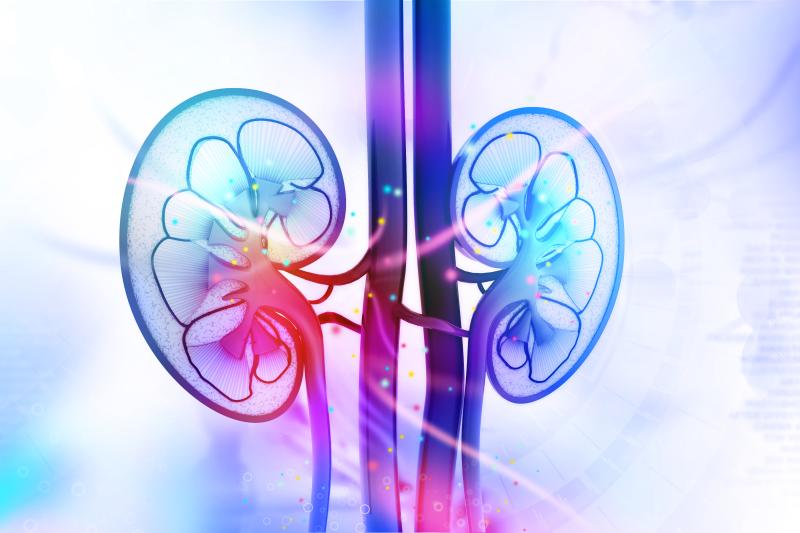20 Jun 2016
Empagliflozin significantly delays the progression of kidney disease and reduces renal events in patients with type 2 diabetes mellitus (T2DM) at high cardiovascular (CV) risk, new data from the EMPA-REG OUTCOME (Empagliflozin-Renal Excretion of Glucose Outcome) trial have shown.
A 39 percent reduction in risk of incident or worsening nephropathy was demonstrated with empagliflozin vs placebo (p<0.001) in a trial population with one-third of patients having prevalent kidney disease (estimated glomerular filtration rate [eGFR] 30-60 mL/min/1.73m2 and/or macroalbuminuria) at baseline. [N Engl J Med 2016; doi: 10.1056/NEJMoa1515920]
“Both the 10 mg and 25 mg doses of empagliflozin demonstrated the same effect on nephropathy,” reported lead author Professor Christoph Wanner of the Wurzburg University Clinic, Wurzburg, Germany, at the American Diabetes Association’s 76th Scientific Sessions in New Orleans, LA, US. “The effect was consistent in different subgroups of patients.”
While empagliflozin’s effect on nephropathy was driven by a 38 percent risk reduction in new-onset macroalbuminuria (p<0.0001), the results also showed a 55 percent reduced risk of initiation of dialysis (p=0.049) and a 44 percent reduced risk of doubling of serum creatinine (p=0.0009) with empagliflozin vs placebo.
“When the ‘hard’ renal outcomes of doubling of serum creatinine, initiation of dialysis and death due to renal disease were analyzed together, a 46 percent risk reduction was seen with empagliflozin vs placebo [p<0.001], with the curves beginning to diverge at 1.5 years,” said Wanner.
The researchers also analyzed renal outcomes in patients with prevalent kidney disease at baseline. In these patients, empagliflozin reduced the risk of incident or worsening nephropathy by 42 percent (p<0.001).
“eGFR remained stable in the empagliflozin arms throughout the study, but a natural progression was seen in the placebo arm,” said Wanner.
“The adjusted mean difference in eGFR change from baseline with empagliflozin vs placebo was 4.7 mL/min/1.73m2 when patients were followed up at a median of 34 days after their last on-treatment eGFR measurement,” he continued. “As nephrologists, we all know what 4.7 mL/min/1.73m2 means in pushing dialysis further down the road.”
“The safety and tolerability of empagliflozin in patients with chronic kidney disease at baseline were similar to that in the overall trial population,” added Wanner. “Acute renal failure and acute kidney injury occurred at lower rates in the empagliflozin vs placebo arm.”
The EMPA-REG OUTCOME trial was conducted in 7,020 T2DM patients with established CV disease. Patients were randomized to receive empagliflozin 10 mg or 25 mg daily or placebo, and assessed for the primary outcome of major adverse CV events (CV mortality, nonfatal MI, nonfatal stroke). Assessment of renal outcomes was a pre-specified objective, with incident or worsening nephropathy defined as progression to macroalbuminuria, doubling of serum creatinine accompanied by eGFR ≤45 mL/min/1.73m2, initiation of dialysis, or death due to renal disease.

